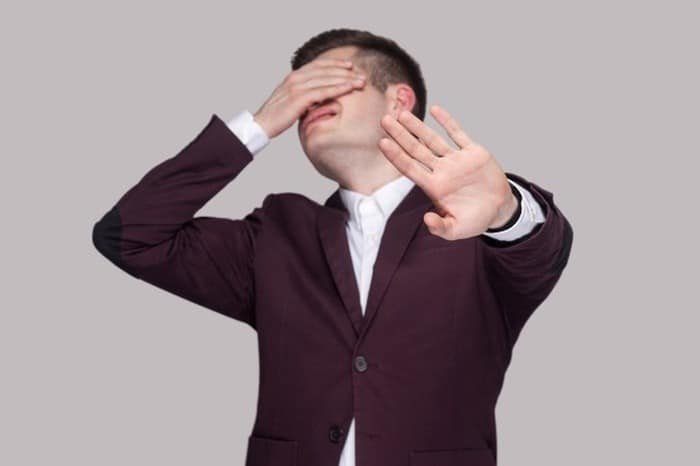Important distinctionsUnderstanding phobia and fearRecognize them
Fear is a natural feeling that helps keep people safe from danger, especially when faced with a problem, while phobia is a specific fear oranxietythat relates to a specific object or situation, which may not be dangerous at all. Phobia leads to problematic behavior like avoiding a specific action or situation, triggering intense fear when someone comes into contact with what they fear. This section ofSelMagzwants to highlight the differences between fear and phobia.
When does fear become a phobia?
Fear is a natural defense mechanism in humans to protect them from harm and danger. It occurs when there is an external or internal trigger. Essentially, fear is a response to these triggers. If fear of something becomes excessive, irrational, and persistent, affecting one’s personal and social life, the person has developed a phobia. In a phobia, even if you understand that your fear is unreasonable, you still cannot control it. Phobia and excessive fear often produce physical responses like increasedheart rate, rapid breathing, and heightened pulse in an individual.

Phobia typically has the following characteristics:
- Constant fear with no clear reason
- Severe anxiety that can lead to panic attacks
- Illogical fear accompanied by restlessness (people with phobias usually don’t know the reason)
- Inability to control intense fear
What is the difference between fear and phobia?
1. The difference between fear and phobia is a distinction between natural reactions and unnatural ones that occur in phobias.
2. Fear ranges from mild to moderate, while phobia is an anxiety disorder related to intense fears.
3. Phobia is more common in women than men, affecting 8 to 18 percent of people, while fear is a common experience.

4. The term “phobia” originates from the word “terror,” which indicates intense fear, whereas fear is rooted in the word “danger,” or risk.
5. Fear usually signals a real threat to a person and is necessary for survival, while phobia disrupts personal, social, and other aspects of life.
6. Real threats trigger fear, but not all perceived threats in phobia are as dangerous as they seem.
7. In fear, when the source is gone, the reaction ends; however, the anxiety experienced in phobia lasts for at least six months.
8. Fear is often related to instincts, arising as an emotional response to annoying or unfamiliar things.

9. Individuals can often manage fear and overcome it through daily routines, but those with phobia cannot control their fear and require a therapist.
10. Phobia often deals with terms like coulrophobia (fear of clowns), spectrophobia (fear of ghosts), and panophobia (fear of everything), unlike fear.
11. Phobia disrupts focus and constantly engages thoughts, while fear does not.
It is difficult to distinguish between fear and phobia in very young children. Children typically fear natural things, making it hard to differentiate between fear and phobia in them.







